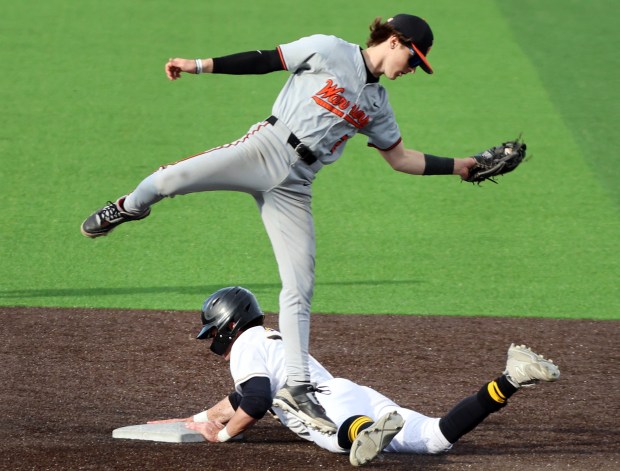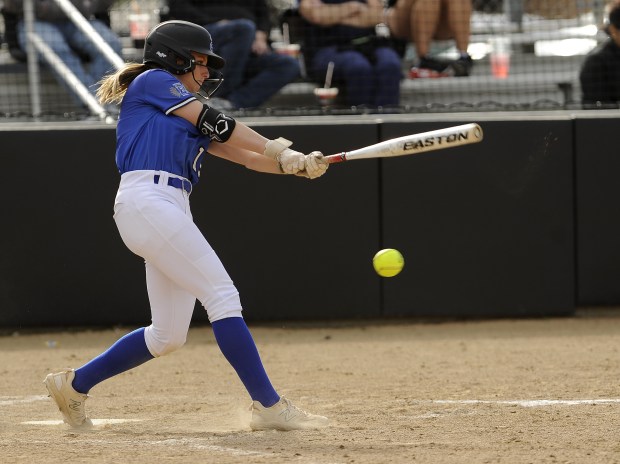The Batavia City Council voted Monday night to approve a 1% grocery tax, joining scores of other municipalities in Illinois doing the same to replace a state grocery tax expiring in January.
Last year, Gov. JB Pritzker signed a bill to repeal the state’s 1% grocery tax, saying it had an outsized impact on poorer families. The bill allowed local municipalities, however, to institute their own tax.
As the state tax is set to end in January, local municipalities like Batavia are moving forward with their own versions of the tax to fill an impending budget gap, although the debate comes at a time of consumer concern over rising food prices.
Local governing bodies must approve a local tax by Oct. 1 in order for it to take effect on Jan. 1, 2026, when the state tax ends.
Pritzker’s office has said the tax generates an estimated $400 million annually statewide, which is then passed on to local municipalities to spend on basic services in their communities.
In Batavia, the tax amounts to about $1.2 million in revenue for the city, according to City Administrator Laura Newman.
Batavia Mayor Jeffery Schielke said that the revenue generated by the new local grocery tax would go into the general budget, but it would most likely be allocated by the City Council toward increasing police and fire staff. Doing so without the tax revenue might mean cutting elsewhere, he told The Beacon-News last week.
At Monday’s City Council meeting, local elected officials touted the tax as a continuation of an existing tax residents already pay.
“This is not a vote to raise taxes,” Ald. Christopher Solfa said at the meeting. “This is just basically maintaining the status quo so that our budget doesn’t have a $1.2 million shortfall.”
The City Council approved the ordinance unanimously at Monday’s meeting, meaning it will go into effect when the state tax expires on Jan. 1.
Other governing bodies in the area have made similar moves recently, or are considering doing so.
Just south of Batavia, North Aurora’s Village Board passed a 1% grocery tax at its April 21 meeting. Officials with the village estimated that North Aurora received between $600,000 and $750,000 each year from the outgoing state sales tax — and next year’s budget was made assuming the village would have that revenue.
Naperville’s City Council is expected to take up the issue in the coming months.
Despite the City Council’s unanimous approval, Batavia officials had previously expressed some concerns about the local tax, criticizing Pritzker’s motivation for ending the state tax and noting the local tax’s possible impact on lower-income residents.
But, on Monday, some of the city’s elected officials struck a more optimistic note about the tax going local.
“Most things we like to have control locally,” Ald. Leah Leman said at the meeting. “And I just view this as that also.”
mmorrow@chicagotribune.com




